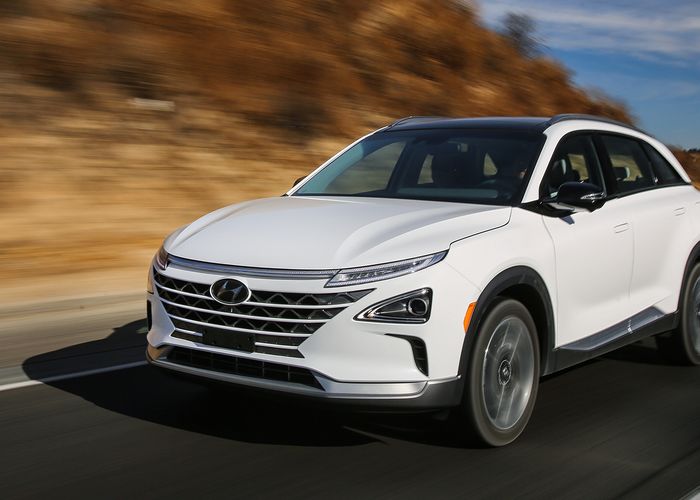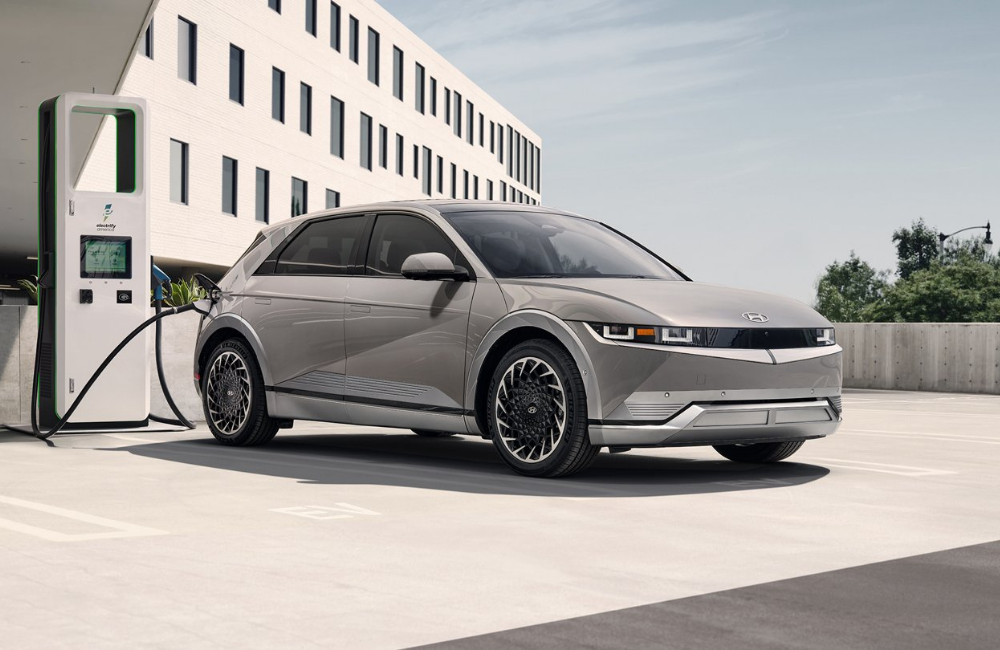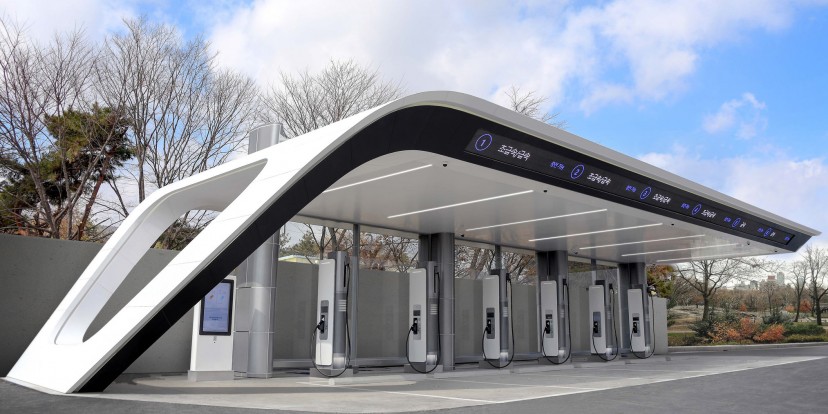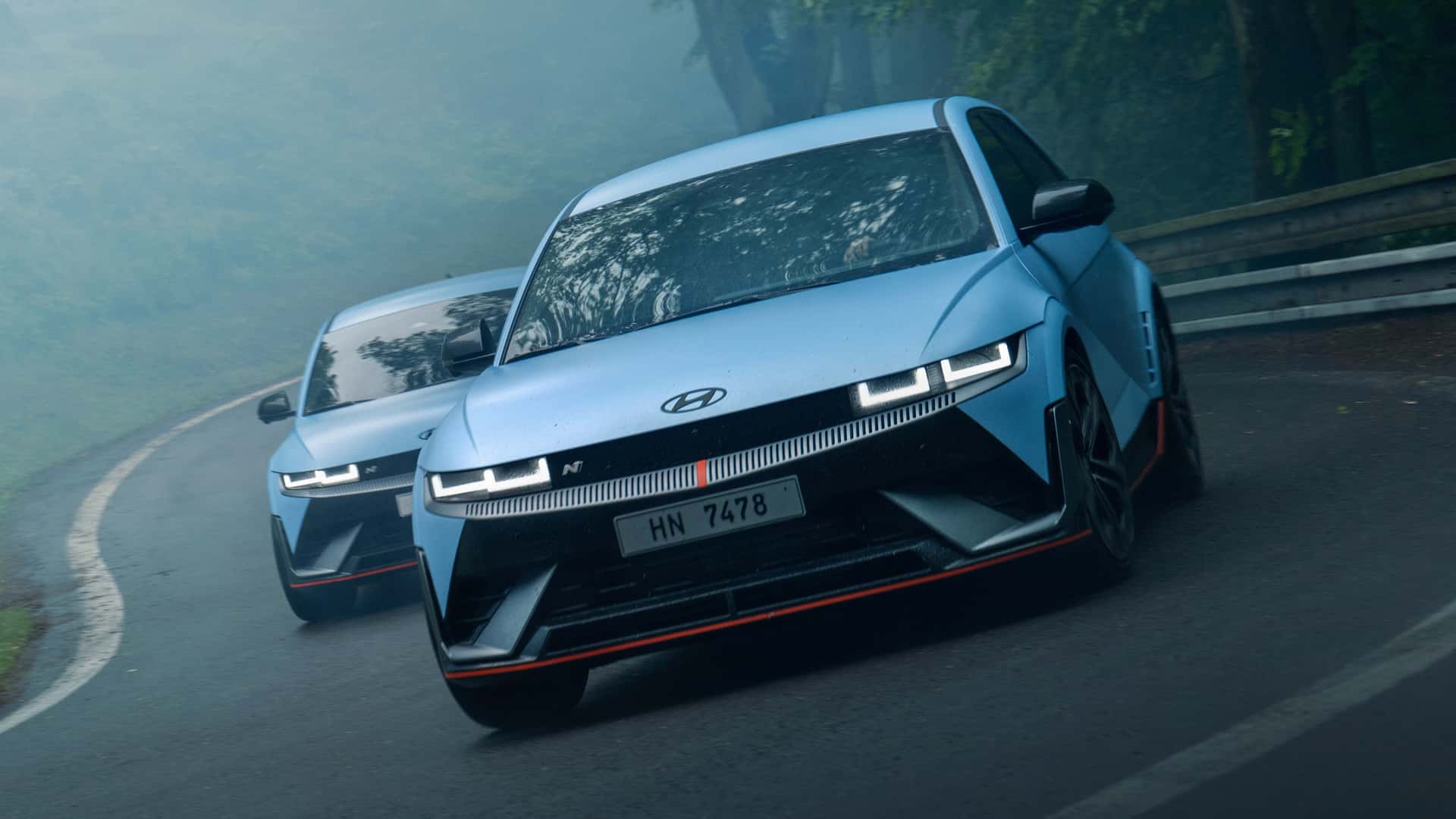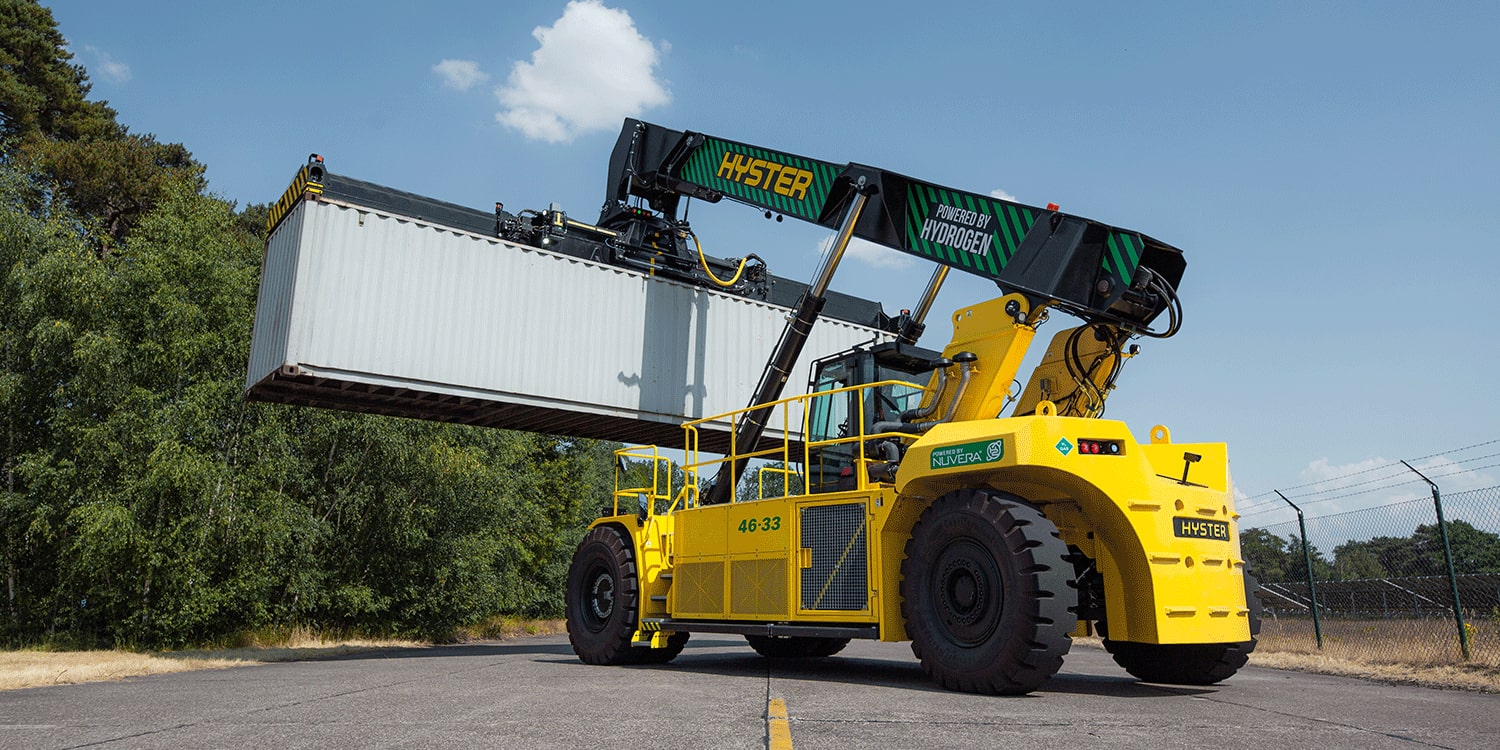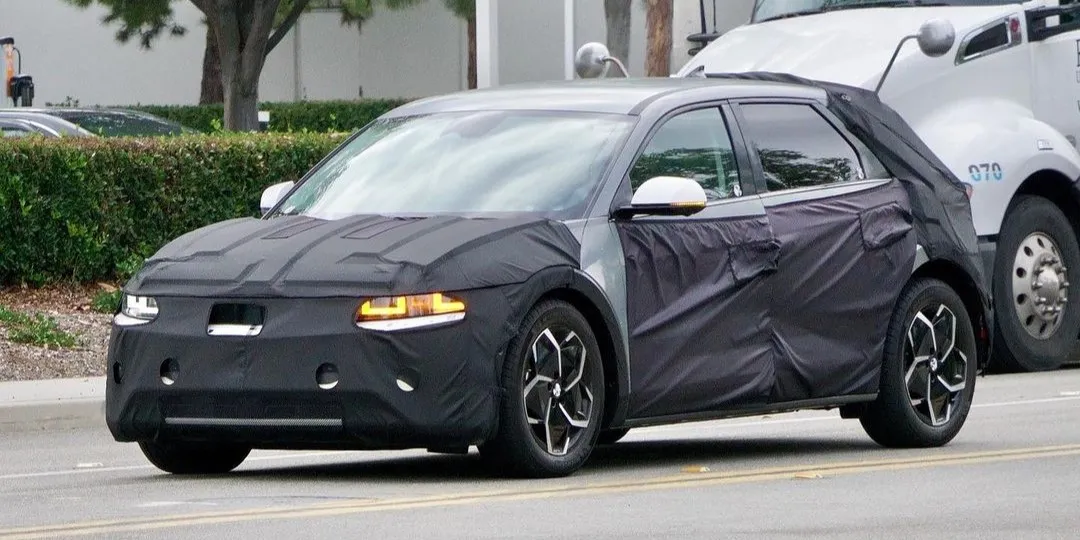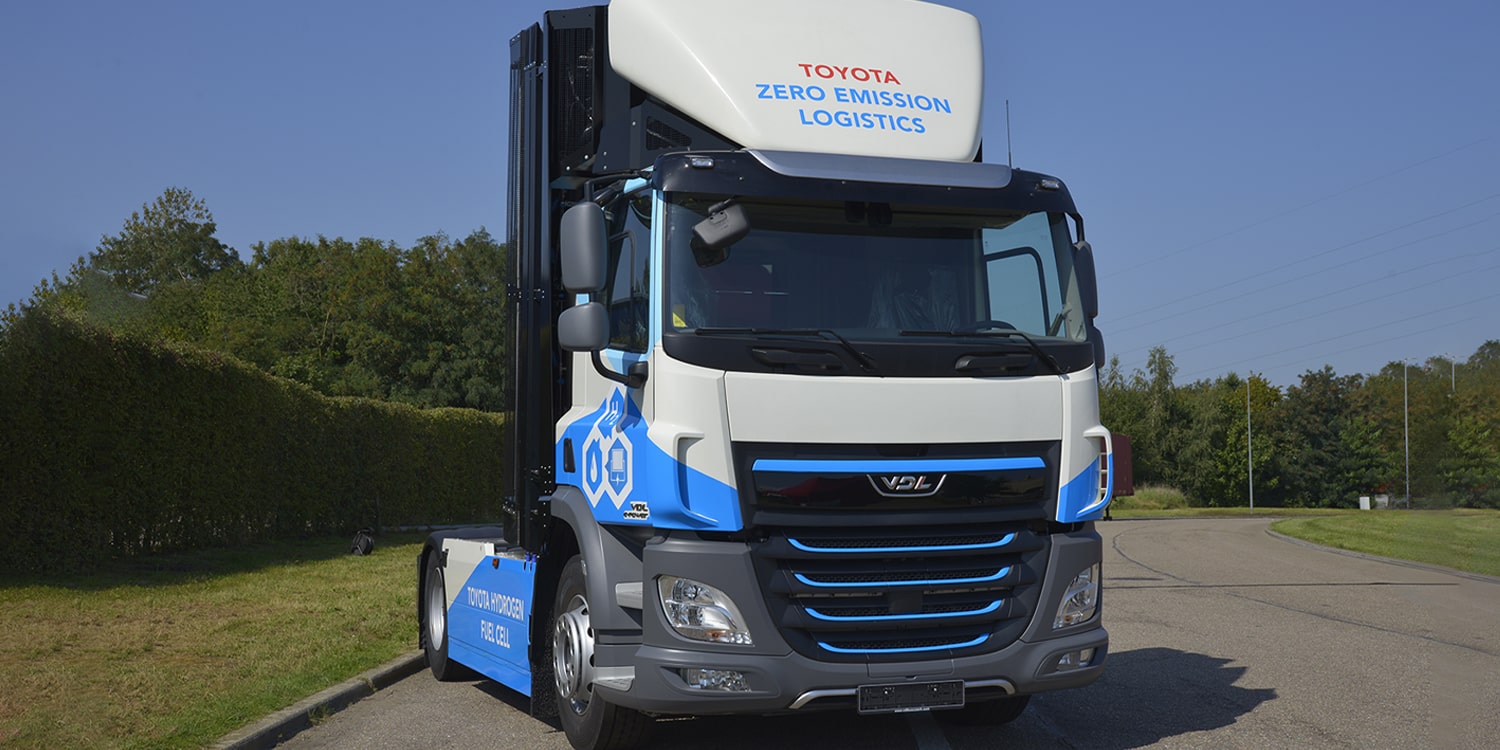Hyundai Motor Group is strategically considering the transfer of Hyundai Mobis’ hydrogen fuel cell production management division to Hyundai Motor, a decision aimed at streamlining the Korean automotive giant’s hydrogen mobility production value chain and enhancing operational efficiency.
A cornerstone of hydrogen mobility, a hydrogen fuel cell employs hydrogen as a fuel source to generate electricity. Hyundai Mobis, thus far, has been the supplier of hydrogen fuel cells from its Chungju facility to Hyundai’s Ulsan and Jeonju plants. These plants are responsible for producing Hyundai’s notable hydrogen-powered vehicles, including the Nexo hydrogen car, the Exient hydrogen truck, and the Elec City hydrogen bus.
See also: Hyundai Mobis Develops Electric In-Wheel System for Direct Motor Control of Each Wheel
Notably, Hyundai Motor has secured a prominent position with its Nexo hydrogen vehicle, first unveiled in 2018, capturing a significant share of the hydrogen vehicle market. This success can be attributed to the company’s sustained commitment to innovation and introduction of new hydrogen-powered vehicles, a strategy that diverged from competitors who were initially skeptical about hydrogen vehicle prospects, instead focusing on electric vehicle development.
However, the landscape has since evolved, with global counterparts such as Toyota and various Chinese automakers re-entering the hydrogen vehicle market and intensifying their pursuit of hydrogen-powered technologies. Leading the charge, BMW Group recently unveiled its iX5 Hydrogen prototype in Korea, signaling a resolute dedication to hydrogen vehicle advancement. The Chinese automotive sector has also escalated its efforts, exemplified by Shanghai Automotive Industry Corporation’s (SAIC) introduction of the Maxus-branded Unique 7 hydrogen vehicle.
See also: WeRide and Hyundai cooperate to develop autonomous driving system for hydrogen cars
Honda and Volkswagen are also poised to make substantial strides in this domain. Honda is poised to introduce a hydrogen-powered variant of its CR-V sport utility vehicle (SUV), while Volkswagen plans to debut a hydrogen car in 2026.
In the first half of this year, Hyundai retained its prominence in the hydrogen car market with a commanding 38 percent market share. However, the gap with second-place Toyota has narrowed to a mere 10 percentage points. To address this evolving competition, Hyundai Motor Group’s strategic decision to consolidate its hydrogen business capabilities within Hyundai Motor underscores its commitment to maintaining competitiveness in the hydrogen mobility sector through an enhanced focus on hydrogen fuel cell production.
Hyundai Motor’s immediate priorities include the development of a new Nexo model slated for a 2025 market entry. Beyond passenger vehicles, Hyundai has made significant strides in the commercial vehicle segment. The introduction of the Exient hydrogen-electric truck tractor, capable of traveling over 720 kilometers on a single charge, in the U.S. market, and the launch of the hydrogen-electric bus Universe, boasting a range of up to 635 kilometers in Korea, have contributed to Hyundai’s prowess in this domain. The automaker’s ambitious goal involves supplying 1,300 of these hydrogen-electric buses to Seoul by 2026.
See also: Iveco new bus will use Hyundai Hydrogen fuel cell system
With Hyundai Mobis refocusing on its electrification components business following the hydrogen business transfer, Hyundai Motor Group’s comprehensive hydrogen ecosystem strategy is poised for acceleration. The company aims to foster a diversified business portfolio encompassing hydrogen production, distribution, and power generation, transcending its role as a hydrogen vehicle manufacturer. This strategic move aligns with Hyundai’s broader vision to shape the future of mobility through innovative and sustainable means.

